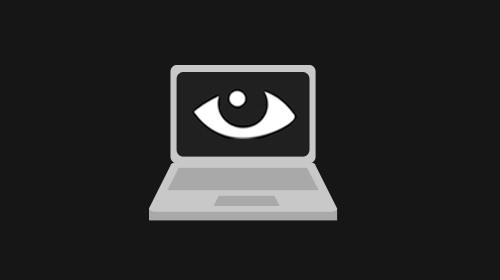
(Updated below)
In another round of the legal battle over the records of Twitter users sought by the government in connection with its WikiLeaks investigation, the └¤░─├┼┐¬¢▒¢ß╣¹ and the Electronic Frontier Foundation (EFF) are appearing before a federal appeals court in Richmond this morning, arguing that the public has a right to know about secret court orders and other documents related to government efforts to obtain Internet usersÔÇÖ private information without a warrant.
The └¤░─├┼┐¬¢▒¢ß╣¹ and EFF represent Icelandic parliament member Birgitta Jonsdottir. She first learned about the governmentÔÇÖs efforts to obtain her informationÔÇöincluding her mailing addresses, billing information, email addresses, credit card and bank account numbers, and IP address information (which can show physical location)ÔÇöafter a court order requiring Twitter to provide the information was unsealed. But when Birgitta and others targeted by the Twitter order asked U.S. District Judge Liam OÔÇÖGrady to unseal and publicly list similar court orders sent to other Internet service providers, he refused their requests.
Today, we're arguing that the appeals court should open these electronic surveillance orders and related documents to the public. The excessive secrecy shrouding the courtÔÇÖs electronic surveillance orders and dockets effectively precludes Birgitta and others from challenging the governmentÔÇÖs efforts to obtain sensitive private information, with the Twitter order. Moreover, secret court orders and secret dockets deprive the public of its right to supervise the government and the courts. For these reasons, courts have long recognized both First Amendment and common law rights of public access to judicial documents like the ones at issue here.
As Aden Fine, the └¤░─├┼┐¬¢▒¢ß╣¹ staff attorney who is arguing the case before a three-judge panel of the Fourth Circuit Court of Appeals this morning, puts it:
Government efforts to get information about peopleÔÇÖs Internet activities raise serious constitutional issues, and the public has a right to know what the government is doing. An open court system is a fundamental part of our democracy, and the very existence of court documents should not be hidden from the public. ThatÔÇÖs not how our judicial system works, and weÔÇÖre hopeful that the court will put an end to this secrecy.
Update (Oct. 26)
We argued the case this morning before Judges Gregory and Duncan of the Fourth Circuit and Judge Wilson of the Western District of Virginia (sitting by designation). Emphasizing this country's democratic tradition of public supervision over court proceedings, Aden Fine argued that even secret matters should be publicly listed so that the people can challenge the government's excessive use of secrecy. He also challenged the ongoing secrecy cloaking the electronic surveillance orders at issue in this case, pointing out that the government has yet to provide any concrete justification for hiding judicial documents from the public. We now await the Fourth Circuit's decision, hopeful that the court will stay true to its heritage of protecting public access to court records and proceedings. Stay tuned.
Learn more about government surveillance: Sign up for breaking news alerts, , and .

